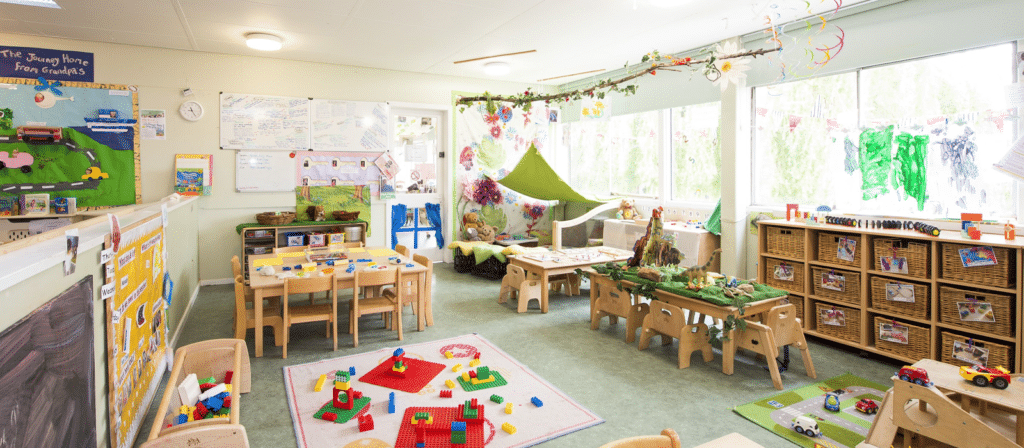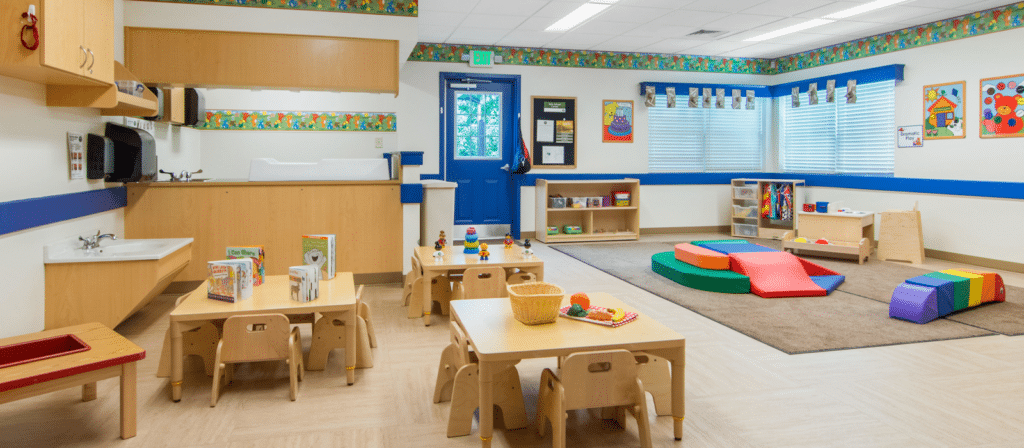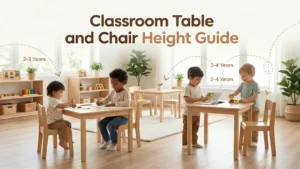Ever wondered what sets Montessori teachers apart from traditional educators? Join us as we delve into the unique qualities and approaches that make Montessori teachers stand out. Discover how these teachers create nurturing and empowering learning environments for children.
Montessori teachers adopt a student-centered approach, guiding children to become independent learners, fostering a love for exploration, and nurturing their overall development.
What sets Montessori teachers apart?
Montessori teachers undergo specialized training to understand and implement the Montessori method effectively. They are not just instructors but also facilitators who guide children in their learning journey. Unlike traditional teachers who primarily focus on imparting knowledge, Montessori teachers foster self-directed learning, allowing children to explore and discover at their own pace.
Montessori teachers create carefully prepared environments that stimulate curiosity and promote active engagement. They provide a wide range of materials and activities that cater to each child’s unique needs and interests. These materials are meticulously designed to promote independence, concentration, and the development of essential skills.
Montessori teachers embrace the philosophy that every child is an individual with their own strengths and interests. They observe and assess each child’s progress and tailor their teaching methods accordingly. This personalized approach ensures that every child receives the guidance and support they need to thrive.
How do Montessori teachers differ in their approach?
One of the fundamental differences between Montessori teachers and traditional educators is their focus on hands-on learning and the use of manipulative materials. Montessori classrooms are filled with a variety of tactile objects that allow children to engage all their senses while learning. These materials are carefully designed to help children understand abstract concepts through concrete experiences.
Montessori teachers encourage children to take responsibility for their own learning. They foster a sense of ownership by allowing children to choose their activities and work at their own pace. This autonomy promotes self-discipline, decision-making skills, and a love for learning.
Another aspect that sets Montessori teachers apart is their focus on practical life skills. In addition to academic subjects, Montessori classrooms emphasize daily life activities such as cooking, cleaning, and taking care of plants and animals. These activities not only foster independence but also develop essential life skills that can be applied outside the classroom.
Montessori teachers also prioritize social and emotional development. They create a supportive and inclusive classroom environment where children learn to respect and appreciate each other’s differences. Collaboration and empathy are nurtured, and conflict resolution skills are taught, empowering children to become compassionate and responsible members of society.

How do Montessori teachers support individual learning styles?
Montessori teachers recognize that each child has a unique learning style and adapt their teaching methods accordingly. They observe and understand how children process information and provide the necessary tools and materials to cater to their individual needs.
Montessori classrooms are multi-age, allowing children to learn from and collaborate with their peers. Older children act as mentors and role models, which enhances their leadership skills and reinforces their own learning. Younger children benefit from this arrangement by having access to a wide range of experiences and learning opportunities.
In addition, Montessori teachers encourage children to follow their interests and pursue in-depth exploration of subjects that captivate them. They provide guidance and resources to support independent research and foster a love for lifelong learning.
Montessori teachers distinguish themselves through their student-centered approach, respect for individuality, and the creation of nurturing learning environments. Their role as facilitators, observers, and guides allows children to develop independence, critical thinking skills, and a lifelong love for learning. By embracing the Montessori philosophy and employing these unique teaching practices, Montessori teachers play a vital role in shaping children’s educational journeys and empowering them to reach their full potential.













